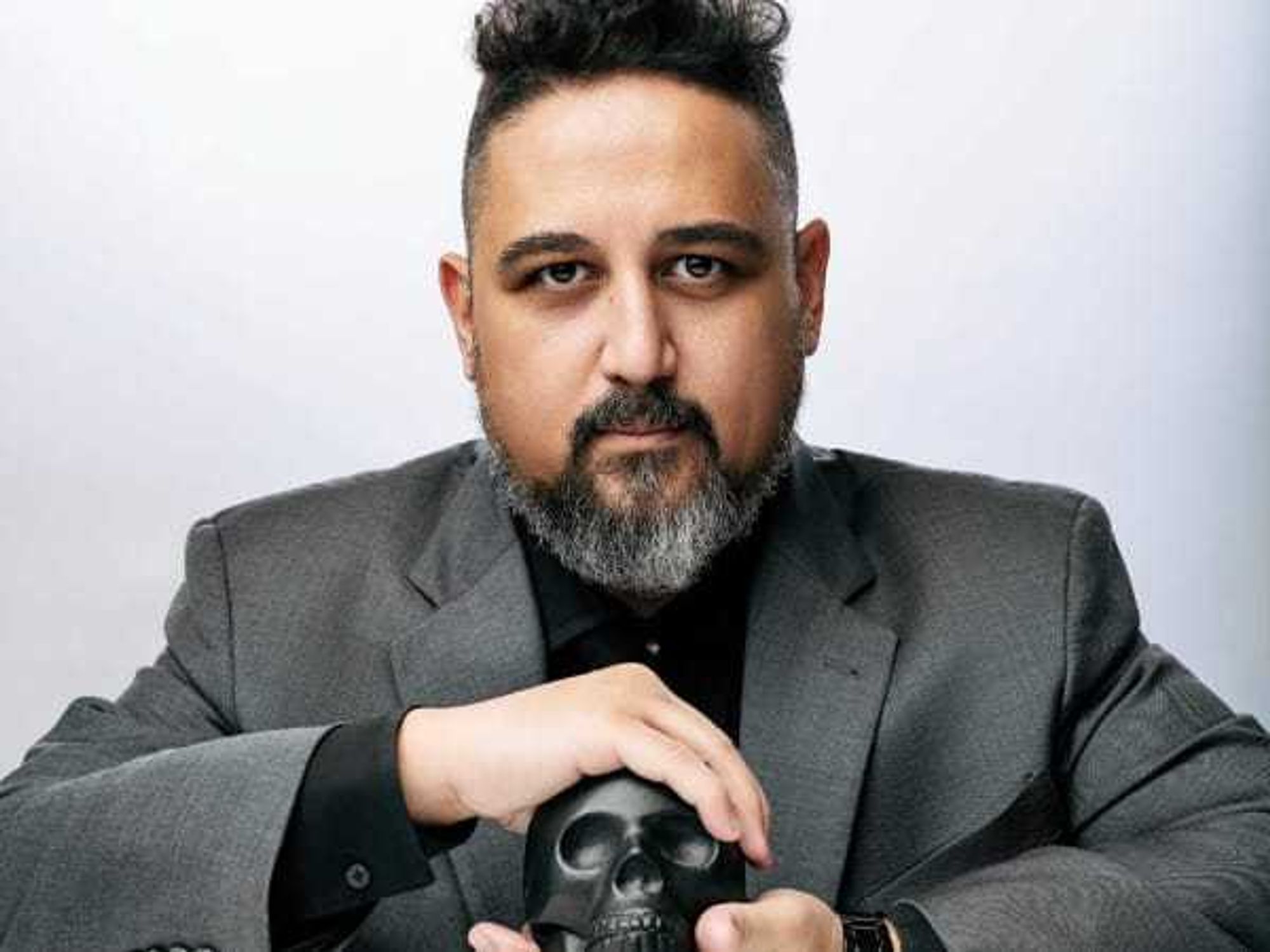Experimental Theater
Edgy Dallas theater troupe Dead White Zombies blurs the line between audienceand performer
 “Two people could split off and follow one person or scene and have twodifferent impressions of the narrative, and that’s how it should be,” saysfounder/director Thomas Riccio.Photo courtesy of Dead White Zombies
“Two people could split off and follow one person or scene and have twodifferent impressions of the narrative, and that’s how it should be,” saysfounder/director Thomas Riccio.Photo courtesy of Dead White Zombies (w)hole allows each attendee to have his or her own unique theatricalexperience.Photo courtesy of Dead White Zombies
(w)hole allows each attendee to have his or her own unique theatricalexperience.Photo courtesy of Dead White Zombies- Audience members are free to move throughout the space as they follow any of the18 main or supporting players.Photo courtesy of Dead White Zombies
 (w)hole, the most recent Dead White Zombies production, opens November 29.Photo courtesy of Dead White Zombies
(w)hole, the most recent Dead White Zombies production, opens November 29.Photo courtesy of Dead White Zombies
One could be forgiven for thinking Dead White Zombies is an homage to pop culture’s current monster du jour. In reality, this Dallas-based collective of sound, video and theater artists has a headier source of inspiration — not to mention the lofty goal of blurring the boundaries between audience and performer.
“[The name] celebrates the death of white civilization in the sense that Western culture has come to the end of its cycle,” says founder/director Thomas Riccio, who created the Zombies in 2011. “We’re walking around like zombies repeating what’s already out there, so we celebrate and commemorate that.”
“It’s an old view of the world to have the audience sitting in the dark watching the stage,” says founder/director Thomas Riccio.
(w)hole, the most recent Dead White Zombies production opening Thursday, November 29, is a “karmic love story” based on Hindu cosmology. As the performance follows two soul mates separated during the fall of Troy, audience members are free to move throughout the space — a 36,000-square-foot former welding shop in the Arts District — as they follow any of the 18 main or supporting players.
Reminiscent in its interactivity of the British immersive troupe Punchdrunk, (w)hole allows each attendee to have his or her own unique theatrical experience.
“Two people could split off and follow one person or scene and have two different impressions of the narrative, and that’s how it should be,” says Riccio, who spends his time off from the troupe teaching performance and aesthetic studies at the University of Texas at Dallas. “It’s an old view of the world to have the audience sitting in the dark watching the stage.”
Riccio was inspired to develop this unique approach through his work with indigenous peoples across the globe. Having begun his career working off Broadway with the likes of La Mama Experimental Theatre, he spent time working with Cambridge’s American Repertory Theatre and Chicago’s Organic Theater before accepting a teaching position at the University of Alaska.
While in the land of the midnight sun, Riccio became artistic director of an Inuit theater group, beginning what would evolve into a worldwide exploration of storytelling traditions. From the Zulus in South Africa to the Bushmen of the Kalahari, throughout Siberia, Asia, Europe and the United States, Riccio discovered a linear thread that he’s now applying to the Zombies’ current and future works.
“Bushmen have no sense of metaphor. When they are performing the wind, they become the wind,” he says. “They’re performing parts of themselves, and these things inform the work we’re doing now. The world view we’re all searching for is this completeness and wholeness. It’s like the idea of the Garden of Eden — we’re all open, we’re all warm and we’re comfortable with this oneness.”
---
(w)hole: A Karmic Love Story performance installation runs Thursday-Saturday through December 22 at 500 Singleton Blvd.

